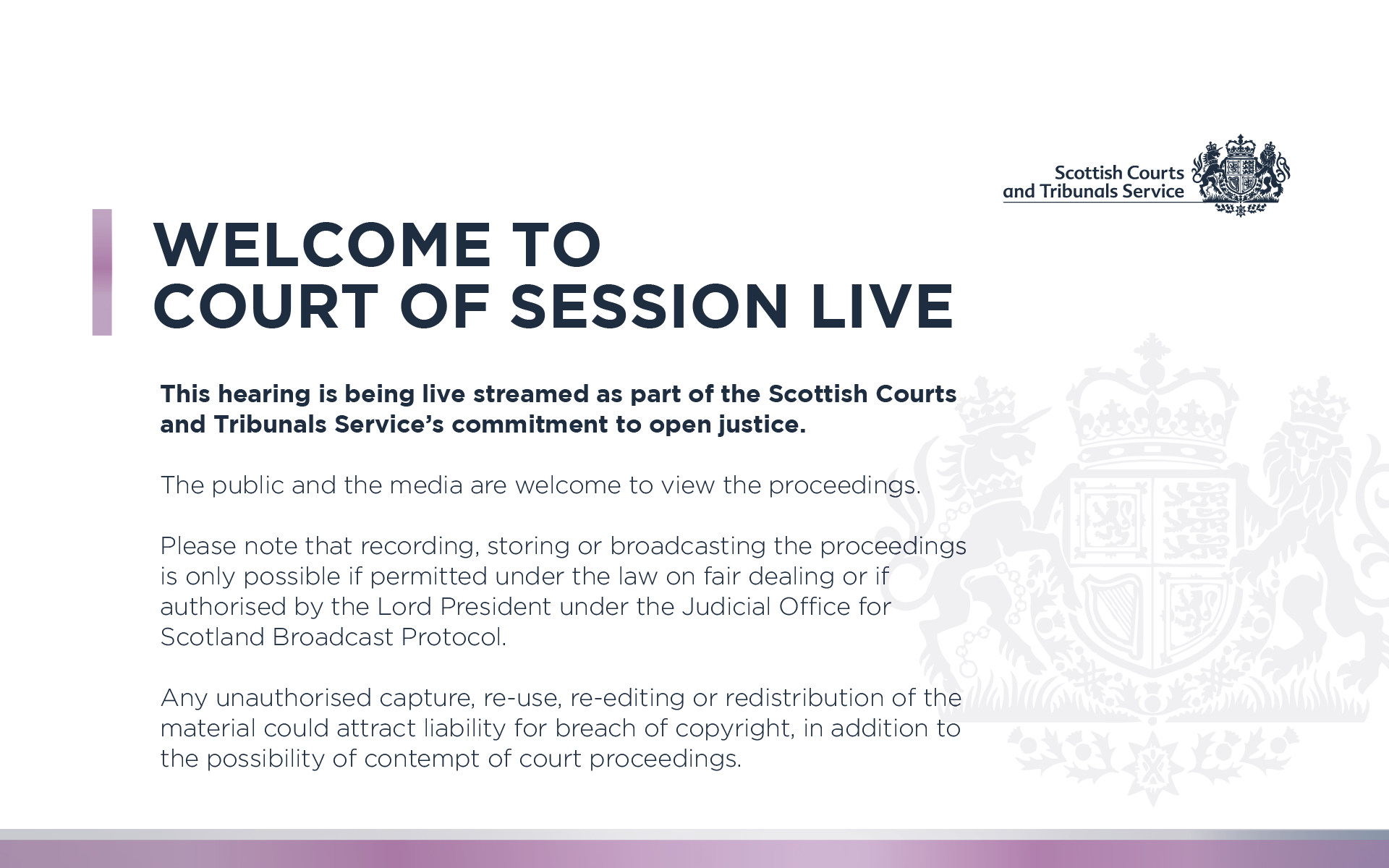Case description
This is an appeal under section 37 of the Employment Tribunals Act 1996.
The Respondents are energy companies. For nearly 20 years, Mr Bathgate was employed by the Third Respondent (Technip Singapore PTE Limited) as a Chief Officer of a number of vessels. From 19 August 2008, he worked on a vessel called the Deep Blue, which was owned by the First Respondent (TECHNIP UK LTD). Deep Blue was registered in the Bahamas and operated outside UK and European Economic Area waters. After ceasing work on Deep Blue on 8 June 2016, Mr Bathgate worked in a variety of onshore roles until he was made voluntarily redundant on 31 January 2017. The terms of his redundancy were set out in a settlement agreement with the Third Respondent.
The agreement provided that Mr Bathgate would receive various payments, including an additional payment in June 2017. The additional payment was subject to a separate, collective agreement, concerning a series of redundancies. The collective agreement stated that the additional payment would be made only to those who had not reached the age of 61. Mr Bathgate was 61. He was not advised that he would not receive the additional payment until June 2017, several months after he had entered into the settlement agreement.
Mr Bathgate raised proceedings in the Employment Tribunal. He contended that the Respondents’ refusal to pay the additional payment amounted to age discrimination, contrary to the Equality Act 2010. The Respondents argued that the terms of the settlement agreement precluded the claim. They also relied on s 81(1) of the Equality Act, which excludes “seafarers” from the Act’s protections, unless certain exceptions apply. The Respondents argued that Mr Bathgate was a seafarer and that the exceptions did not apply to him, and so he could not rely upon the Equality Act.
The Employment Tribunal found in favour of the Respondents. S 81 did not apply to Mr Bathgate, meaning that he was entitled to claim for discrimination under the Equality Act. However, the settlement agreement excluded Mr Bathgate’s claim for age discrimination, and on that basis, they dismissed it.
On appeal, the Employment Appeal Tribunal held that the settlement agreement could not and did not settle the claim. S 147(2)(b) of the Equality Act provided that a party to a settlement agreement could only be deemed to have contracted out of his right to raise a particular discrimination claim where the agreement related to that “particular complaint”. Those words did not mean a complaint that may or may not occur at some point in the future; they meant a known complaint. Mr Bathgate’s claim of age discrimination was not sufficiently certain at the time of the agreement, and so that claim had therefore not been settled by its terms
However, having found for Mr Bathgate on that issue, the EAT ultimately agreed with the Respondents that s 81 applied to Mr Bathgate’s claim. Mr Bathgate had been a seafarer during his employment, and had therefore had no right to make a claim for discrimination. That being so, he did not acquire the right to claim for discrimination after termination of that employment. The EAT dismissed his claim.
Mr Bathgate appeals the EAT’s decision on the effect of s 81. The Respondents cross-appeal the EAT’s decision on the effect of the settlement agreement and s 147(2)(b). The Second Division will hear the appeal and the cross-appeal on Wednesday 22 November.

